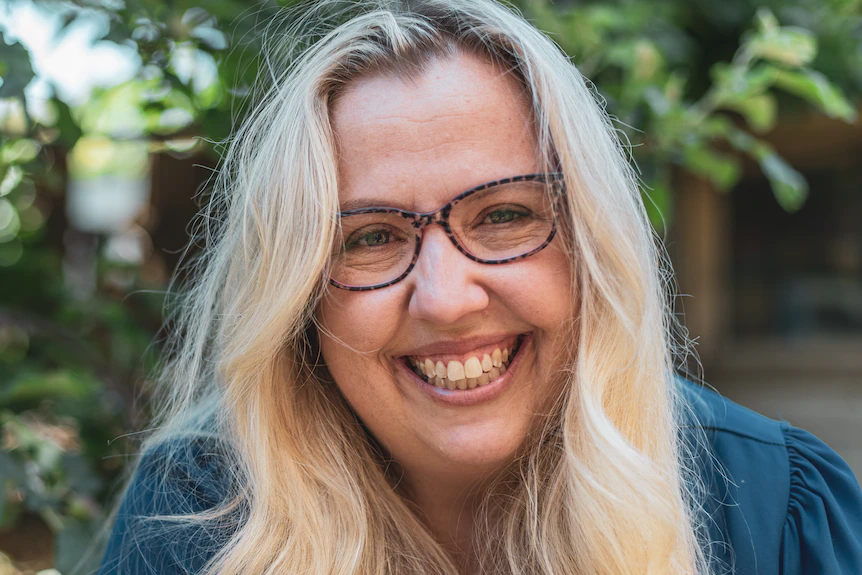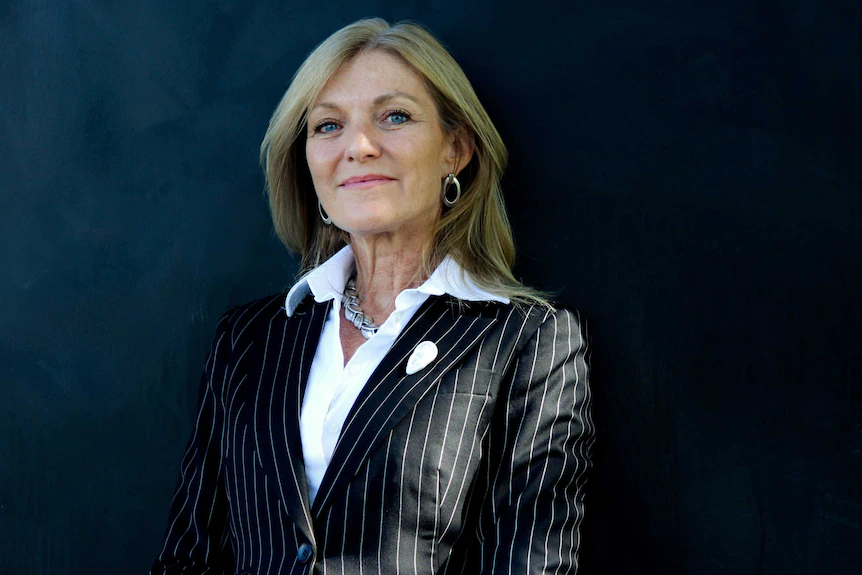Have you ever read the comments section on a news story on Facebook, a post on a politician’s Facebook page or on your favourite sports team’s page?
Nod along if you’ve seen a racist remark. Continue nodding if you’ve seen a homophobic slur, misogynistic abuse or in-comment fighting.
You might have rolled your eyes or even clicked away in disgust.
But if it’s part of your job to monitor for comments like these, you can’t step away, even if they’re targeting you personally or a community you’re involved in.
Add in abusive messages from banned users and anxiety about the ever-present risk of defamation from comments on your posts, and you begin to gain some insight into the world of moderating social media communities.
It’s a role that has become more common but which remains little understood, and rife with risk.
The challenges of moderating social media
Felicity is a social media expert who worked for a government health agency during the pandemic.
When asked about the types of interactions she and her team were exposed to at the height of the COVID-19 crisis, Felicity says they “saw it all”. The online abuse they copped was compounded by the ongoing complexities of offering medical advice to people reaching out via social media.

“Some of the harder things were being told we were making it up, that it was a conspiracy theory,” she says. “Then there was antisemitism, racism toward the Chinese community and threats towards the government.”
Alarmingly, though, Felicity’s experience is disturbingly common.
The Australian Community Manager Survey last year found mental health and wellbeing was the leading challenge raised by respondents, with almost a quarter (23 per cent) naming it as an issue. “Definitely seeing an increase in mental health challenges for those moderating large public communities on social media,” one respondent said.
Another commented: “Being exposed to bigotry is exhausting.”
‘I felt worthless’
Dr Jennifer Beckett, a lecturer in media and communications and former social media producer at the ABC, knows first-hand how harmful community moderation work can be.
“I published an article about women’s safety and men’s rights activists got onto it,” she says. “As a woman sitting there moderating that, I felt worthless.”
The experience of moderating content that is related to one’s own identity can put extra strain on moderators. “You have situations where you’re moderating people questioning your own humanity and right to exist. And you may have to leave the comments up because they don’t cross the line of your guidelines,” Dr Beckett says.

Depending on the accounts they manage, moderators can also be exposed to abusive put-downs, in-comment fighting, threats of self-harm, racism, homophobia, misogyny, and sexual and violent imagery.
Concerns about her staff’s exposure to harmful content was one of the reasons Victorian MP Fiona Patten chose to deactivate her professional social media pages last year.
“I saw the amount of time moderating this content took up, particularly after hours,” Ms Patten says. “Most of the really nasty material comes out after dark, so outside business hours staff were spending hours and hours dealing with abusive and offensive content.”
In a video produced last year, Ms Patten’s staff take turns reading out some of the confronting comments directed at their boss on social media. The video ends with the message: “You wouldn’t say it to her face; don’t say it online”. (Warning, the video contains graphic content and offensive language.)
Loading
Digital-first responders at risk
Venessa Paech, Director of Australian Community Managers, says there will always be wellbeing risk associated with front line community management, but that risk varies depending on the nature of the community.
“Community managers are responsible for the culture of a page. They can be made to feel like a police person of sorts, and there can be abuse that comes with that,” she says. “They are also often first in line when somebody expresses the intent to harm themselves or others.”
Some of these experiences are shared by traditional first responders, such as paramedics, police and firefighters. The psychological risk associated with these professions is well documented, and there are measures in place to mitigate that risk.

For instance, research by Beyond Blue found that police and emergency services workers were much more likely to report experiencing psychological distress than the general adult population; those who’d worked for more than 10 years were more than twice as likely to experience psychological distress and six times more likely to experience PTSD symptoms.
Following this, the Australian government provided $4.5 million to develop a national action plan supporting first responder mental health.
For Mark Dobson, the Wellbeing Coordinator for NSW Fire and Rescue, peer support is crucial.
“We find most [employees] are reluctant to reach out externally in first instance and would prefer to speak to someone they know and trust that isn’t their manager,” he says.
Reducing harm, building resilience
Venessa Paech says a lack of peer support makes community management uniquely challenging.
“While it has grown in the last two decades, it is still small, misunderstood and not always adequately supported,” she says.
“The challenges of the role are compounded by often being the only person in the organisation working in this role, so you lack … support from colleagues. It can make them feel isolated and alone in the work.”
For Dr Jennifer Beckett, the difficulty lies in the unpredictability of moderation: “If you’re a traditional first responder, you know more of what you’re walking into, so you have psychological preparedness. This is not true for moderation. It’s a lot harder to know what’s coming at you, you don’t know what will set the audience off.”
To try and bolster resilience, Dr Beckett teaches her students self-care, focusing on self-compassion, getting back into your body, debriefing, and stepping away. She believes Australia needs to prioritise it as an occupational health and safety issue with legislation.
Venessa Paech would like to see community management recognised as a legitimate and skilled vocation and a key 21st century role.
“There also needs to be an efficient way for [community managers] to connect with mental health supports and technical supports for themselves and members of their community,” she says.
“If we are not careful, we will drive amazing humans out of this sector due to emotional exhaustion, burnout and wellbeing issues.”
Nicolle White is the ABC’s social media wellbeing advisor.

